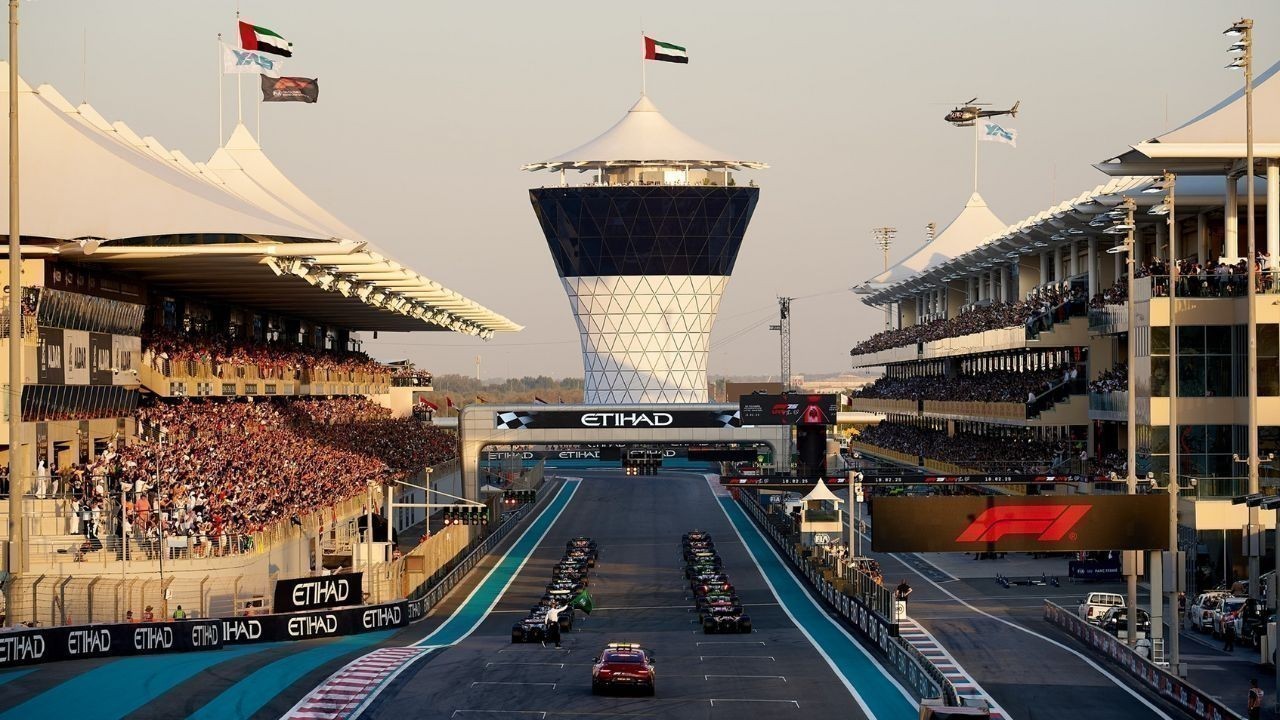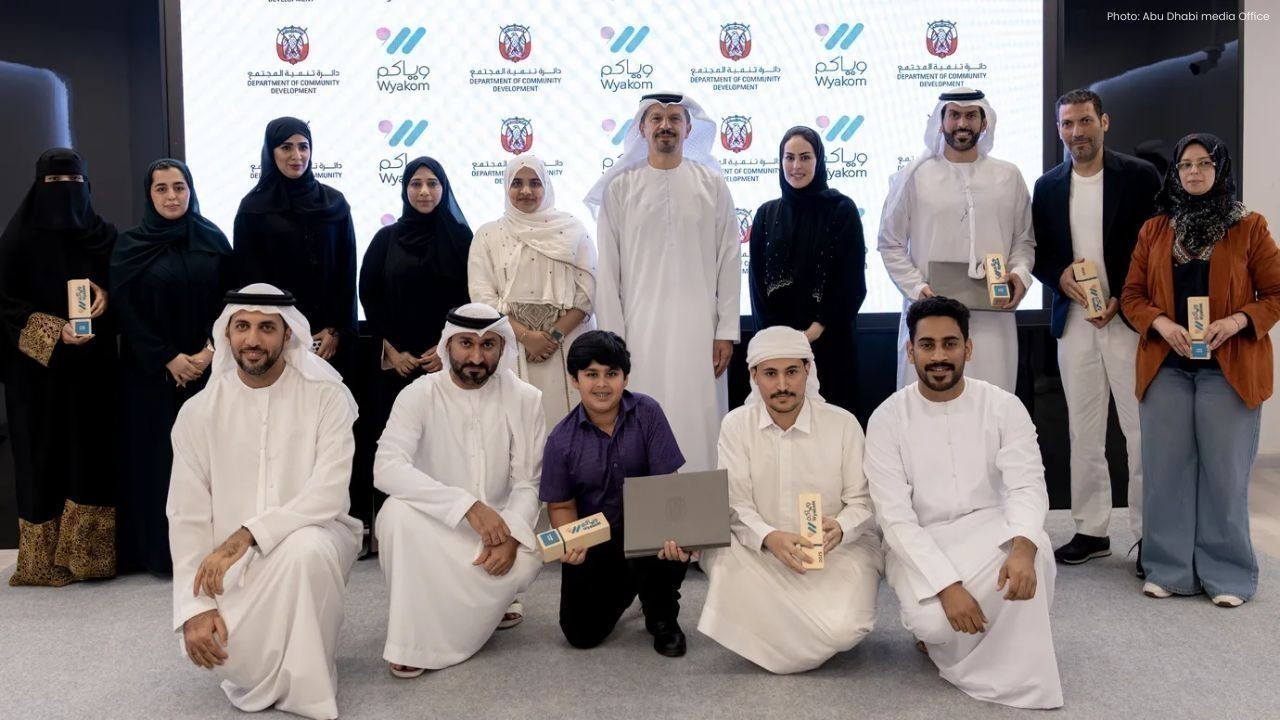
Post by : Zayd Kamal
Sports are more than just games; they are a driving force behind economic growth worldwide. From creating jobs and boosting tourism to generating billions in revenue, sports help the economy grow around the world in ways that impact businesses, governments, and communities. Whether it's the Olympics, the FIFA World Cup, or local sporting events, the sports industry fuels various sectors, contributing to financial stability and prosperity.
The global sports industry is worth hundreds of billions of dollars and continues to grow. Professional leagues, sponsorships, broadcasting rights, merchandise sales, and ticket revenues all contribute to this booming sector. Major events such as the Super Bowl, the NBA Finals, and the UEFA Champions League generate massive financial transactions that benefit multiple industries, from advertising to hospitality.
With the rise of digital streaming and eSports, the sports industry has expanded beyond traditional stadiums, reaching global audiences and attracting more investments. This widespread appeal ensures that sports help the economy grow around the world, not only in developed countries but also in emerging markets.
One of the biggest ways sports help the economy grow around the world is through job creation. From athletes and coaches to event planners and security personnel, millions of people find employment in the sports sector.
Stadium construction projects create thousands of jobs, and after completion, these venues require staff for maintenance, ticketing, food services, and security. Additionally, sports media, marketing, and broadcasting industries employ thousands of professionals, further expanding the economic benefits of sports.
Even at the grassroots level, community sports programs provide employment for coaches, trainers, and administrators, contributing to local economic development.
Major sporting events attract millions of fans, generating significant revenue for host cities and countries. Tourists travel across the world to witness events like the Olympics, the FIFA World Cup, or the Wimbledon tournament, spending money on hotels, restaurants, transportation, and entertainment.
The influx of visitors leads to increased business for local shops, boosting the overall economy. In many cases, cities that invest in sports infrastructure see long-term tourism benefits, as the facilities continue to attract visitors even after the main events are over.
Brands invest heavily in sports sponsorships and advertising because of the industry's vast audience. Companies like Nike, Adidas, and Coca-Cola spend billions on endorsements, making sports one of the most lucrative platforms for marketing.
Sponsorship deals provide financial support to teams and athletes, while advertising revenues contribute to league and club operations. This cycle of investment and revenue generation ensures that sports help the economy grow around the world, creating a win-win situation for businesses and sports organizations alike.
The demand for sports merchandise, including jerseys, footwear, and memorabilia, is another major contributor to the economy. Fans are willing to spend significant amounts on their favorite teams and players, driving retail sales and manufacturing jobs.
E-commerce has further expanded the reach of sports merchandise, allowing international fans to purchase gear from anywhere in the world. This global demand fuels the sports retail industry, generating billions in revenue each year.
Hosting major sporting events often leads to the development of new infrastructure, including stadiums, roads, hotels, and public transportation. These investments not only support the event but also provide long-term benefits to local economies.
For example, the 2012 London Olympics led to urban regeneration projects that improved transportation and housing in the city. Similarly, countries that host the FIFA World Cup invest in modernizing their stadiums and cities, leaving a lasting economic impact.
In developing nations, sports help the economy grow around the world by creating opportunities for young athletes, generating international interest, and attracting investments. Many governments invest in sports programs to boost national pride and economic development.
For example, countries in Africa and Asia are increasingly investing in football and cricket to build a global presence in the sports industry. These investments create jobs, attract tourists, and promote social development.
Sports help the economy grow around the world by generating billions in revenue, creating jobs, boosting tourism, and driving business investments. From major global events like the Olympics and FIFA World Cup to local tournaments, sports fuel multiple industries, including hospitality, advertising, and retail. The industry creates employment opportunities for athletes, coaches, event organizers, and media professionals, contributing to financial growth in communities. Sponsorships and merchandising further strengthen the economic impact, while infrastructure development for sporting events leaves long-term benefits for host cities. As sports continue to evolve with digital platforms and emerging markets, their influence on the global economy is set to expand even further.
This article is published for informational purposes only and reflects general industry trends on how sports help the economy grow around the world. The views expressed do not represent financial or investment advice. Readers are encouraged to verify details and consult professionals for specific economic insights. DXB News Network is not responsible for any decisions made based on this content.

Explore Curated Collections and Win AED 100,000 This Ramadan
Jashanmal invites families to celebrate Ramadan with curated home, gifting, and lifestyle collection

Valentine’s Day at Nalu & Ilios: Waves, Romance, and Flavors
Nalu & Ilios at Surf Abu Dhabi offer two unique Valentine’s Day experiences—relaxed wave-side dining

eToro Launches Shareholder Engagement Program with Stockperks
eToro partners with Stockperks to connect shareholders through education, events, and direct access

Celestyal Unveils New F1 Sailings in Doha & Abu Dhabi 2026
Celestyal launches two F1-themed cruises in Doha and Abu Dhabi for 2026, offering extended race acce

Abu Dhabi DCD Honours Wyakom Winners with 4 Social Ideas
Abu Dhabi DCD announced the 4th Wyakom winners from 199 entries. Projects focus on girls’ health, yo

Trump Team Claims US-India Trade Deal Is Done, Details Awaited
Trump officials say the US-India trade deal is final, cutting tariffs and boosting US exports, but n

UN Mission to Monitor Ceasefire in Eastern DR Congo: Qatar
Qatar says the UN will send a mission to eastern DR Congo to monitor a permanent ceasefire after rep

Winter Skin Care: 10 Hydrating Drinks That Give Natural Glass Skin Glow
Learn how simple winter drinks keep your skin hydrated reduce dryness and support a natural glass sk

Why Drinking Soaked Chia Seeds Water With Lemon and Honey Before Breakfast Matters
Drinking soaked chia seeds water with lemon and honey before breakfast may support digestion hydrati

Morning Walk vs Evening Walk: Which Helps You Lose More Weight?
Morning or evening walk Learn how both help with weight loss and which walking time suits your body

What Really Happens When You Drink Lemon Turmeric Water Daily
Discover what happens to your body when you drink lemon turmeric water daily including digestion imm

DXB News Network Presents “Ctrl+Alt+Wim”, A Bold New Satirical Series Starring Global Entertainer Wim Hoste
DXB News Network premieres Ctrl+Alt+Wim, a bold new satirical micro‑series starring global entertain

High Heart Rate? 10 Common Causes and 10 Natural Ways to Lower It
Learn why heart rate rises and how to lower it naturally with simple habits healthy food calm routin

10 Simple Natural Remedies That Bring Out Your Skin’s Natural Glow
Discover simple natural remedies for glowing skin Easy daily habits clean care and healthy living ti

Mattel Revamps Masters of the Universe Action Figures for Upcoming Film
Mattel is set to revive Masters of the Universe action figures in sync with their new movie, ignitin